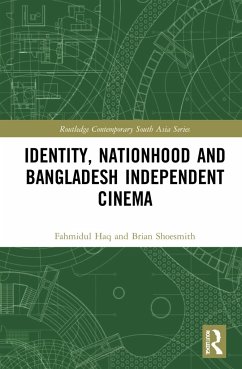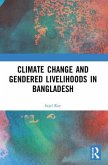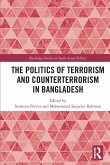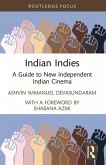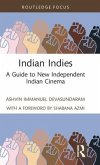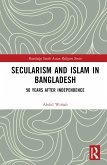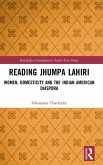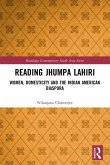This book analyses how independent filmmakers from Bangladesh have represented national identity in their films. The focus of this book is on independent and art house filmmakers and how cinema plays a vital role in constructing national and cultural identity.
The authors examine post-2000 films which predominantly deal with issues of national identity and demonstrate how they tackle questions of national identity. Bangladesh is seemingly a homogenous country consisting 98% of Bengali and 90% of Muslim. This majority group has two dominant identities - Bengaliness (the ethno-linguistic identity) and Muslimness (the religious identity). Bengaliness is perceived as secular-modern whereas Muslimness is perceived as traditional and conservative. However, Bangladeshi independent and art house filmmakers portray the nationhood of the country with an enthusiasm and liveliness that exceeds these two categories. In addition to these categories, the authors add two moredimensions to the approach to discuss identity: Popular Religion and Transformation. The study argues that these identity categories are represented in the films, and that they both reproduce and challenge dominant discourses of nationalism.
Providing a new addition to the discourse of contemporary national identity, the book will be of interest to researchers studying international film and media studies, independent cinema studies, Asian cinema, and South Asian culture, politics, and identity politics.
The authors examine post-2000 films which predominantly deal with issues of national identity and demonstrate how they tackle questions of national identity. Bangladesh is seemingly a homogenous country consisting 98% of Bengali and 90% of Muslim. This majority group has two dominant identities - Bengaliness (the ethno-linguistic identity) and Muslimness (the religious identity). Bengaliness is perceived as secular-modern whereas Muslimness is perceived as traditional and conservative. However, Bangladeshi independent and art house filmmakers portray the nationhood of the country with an enthusiasm and liveliness that exceeds these two categories. In addition to these categories, the authors add two moredimensions to the approach to discuss identity: Popular Religion and Transformation. The study argues that these identity categories are represented in the films, and that they both reproduce and challenge dominant discourses of nationalism.
Providing a new addition to the discourse of contemporary national identity, the book will be of interest to researchers studying international film and media studies, independent cinema studies, Asian cinema, and South Asian culture, politics, and identity politics.

